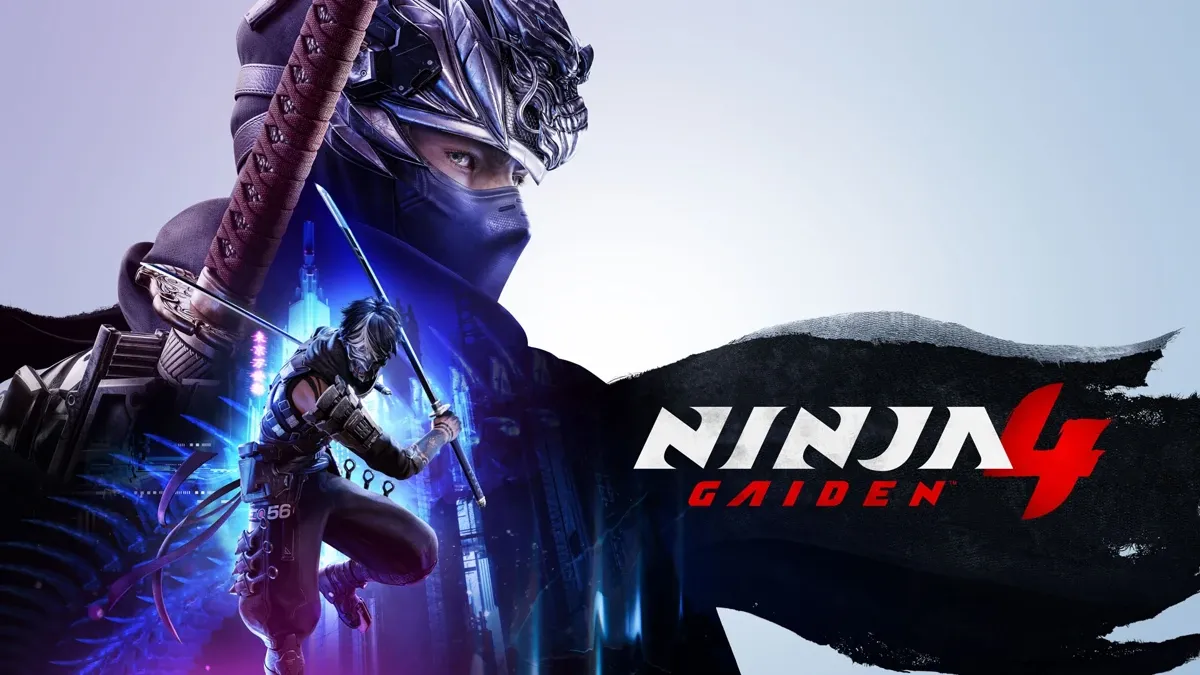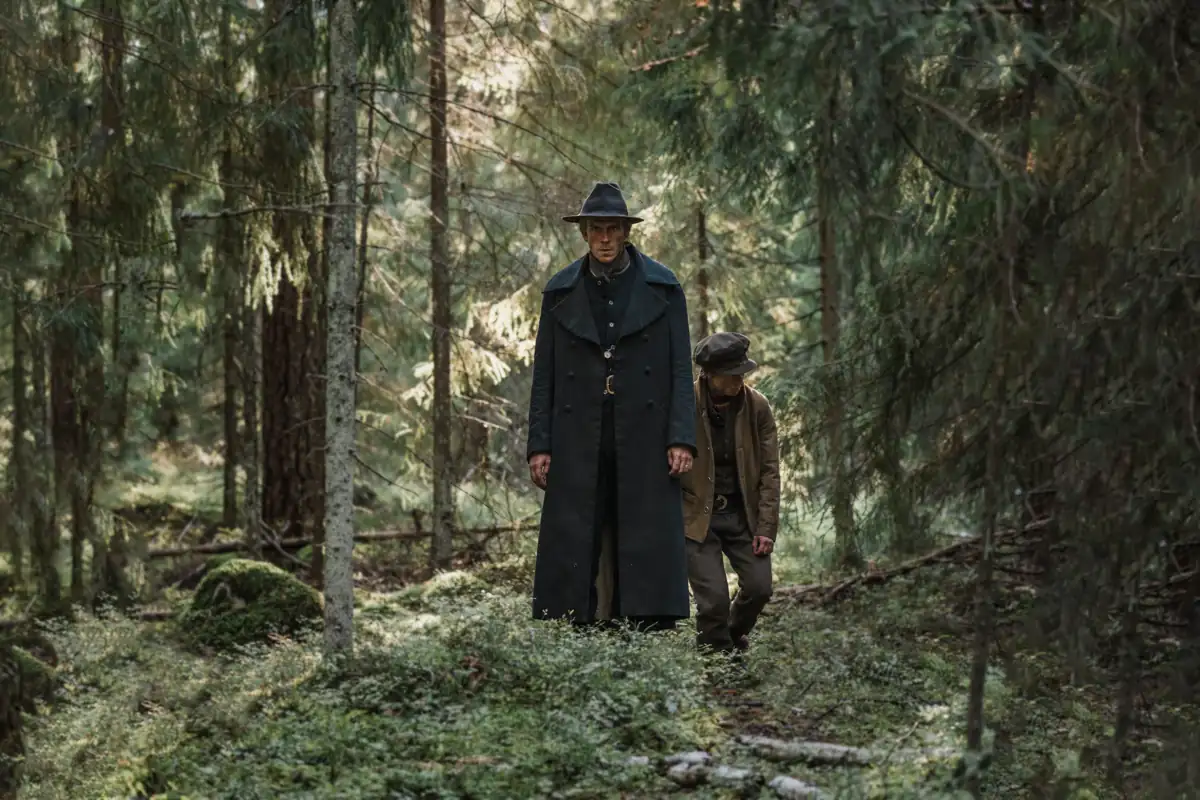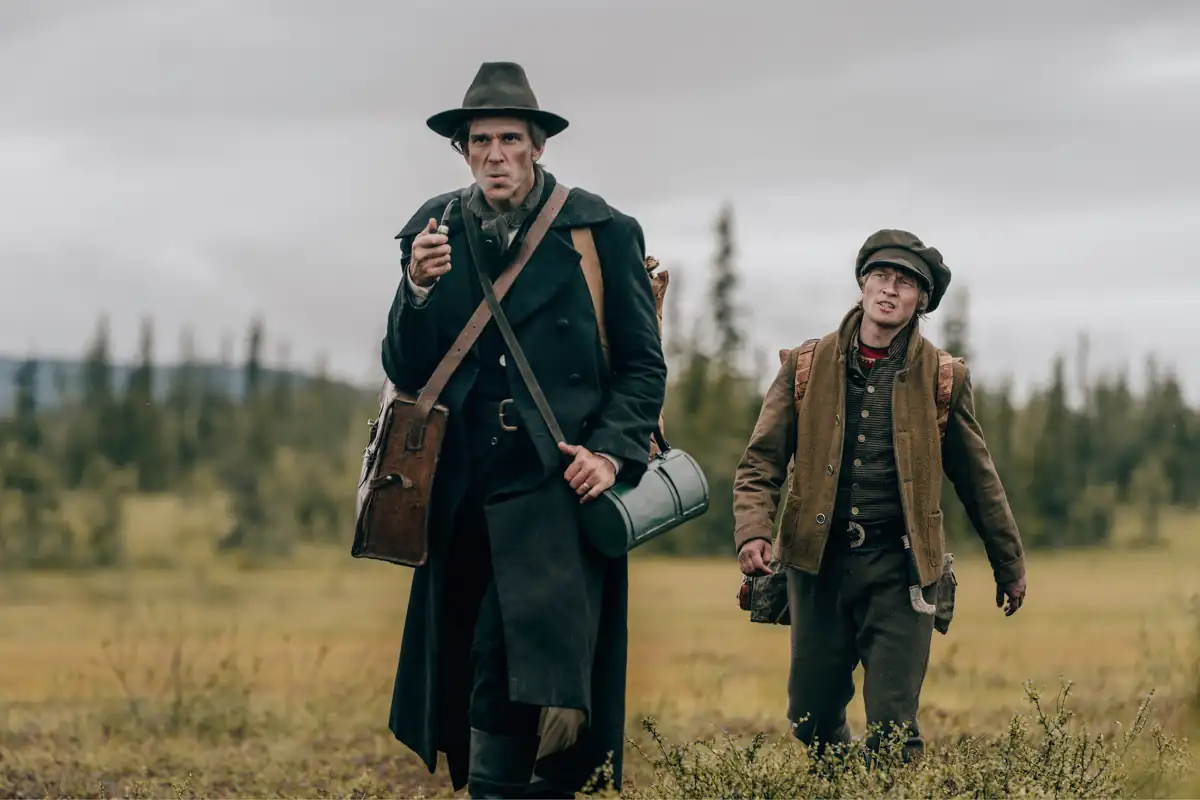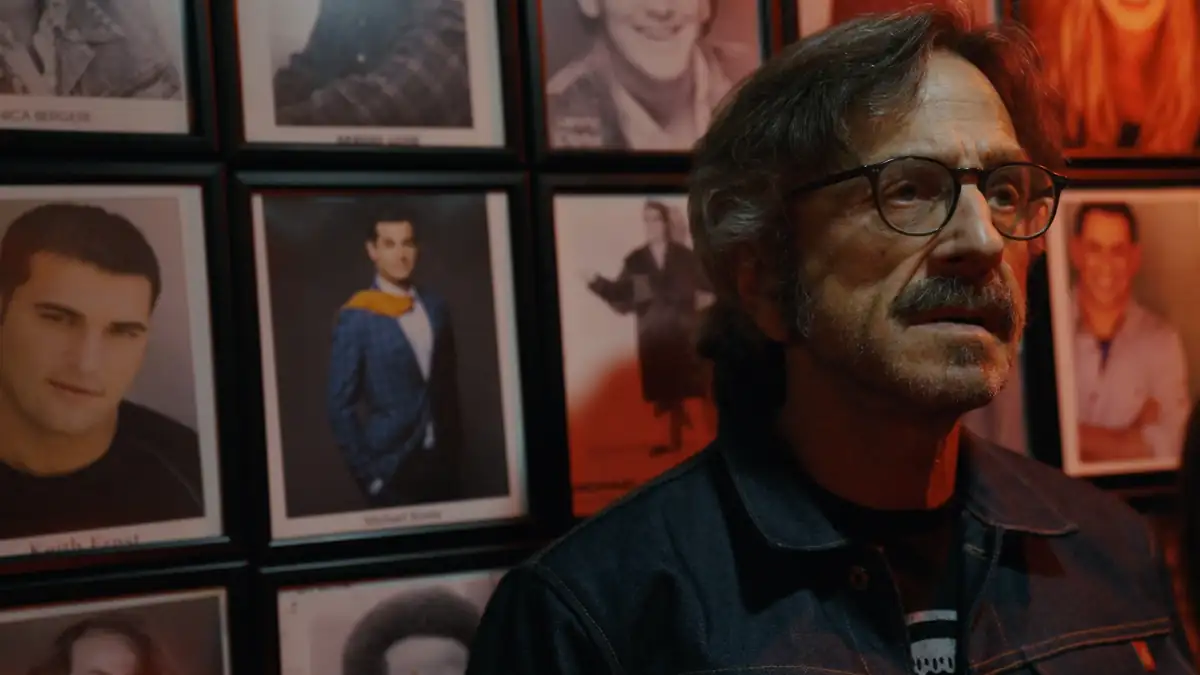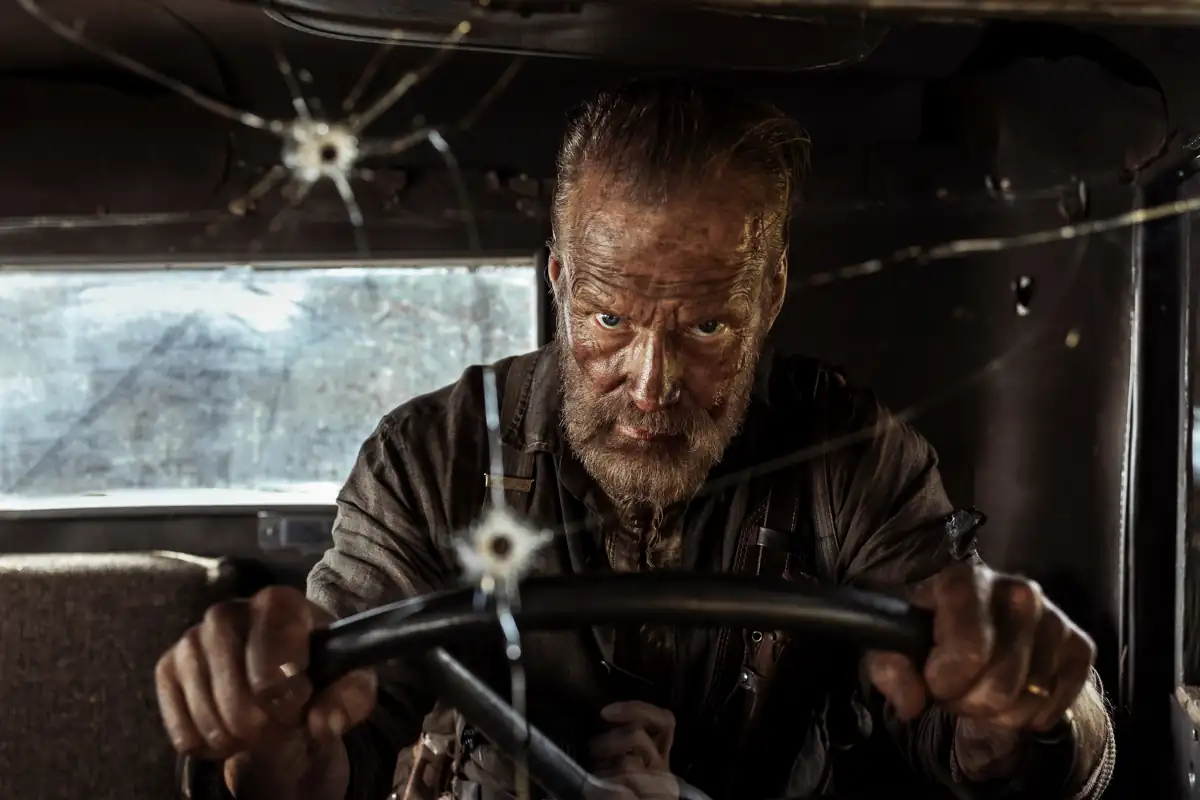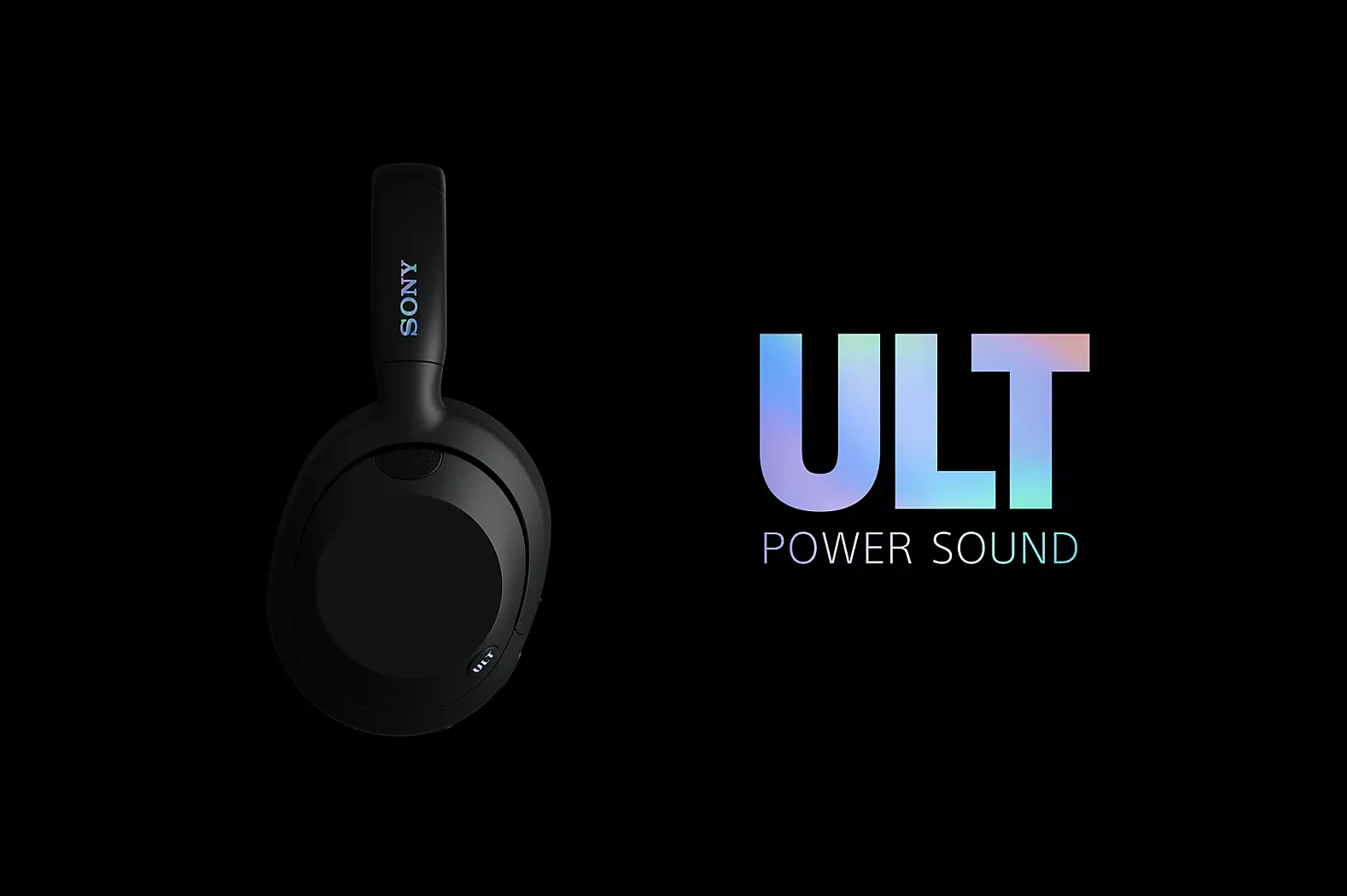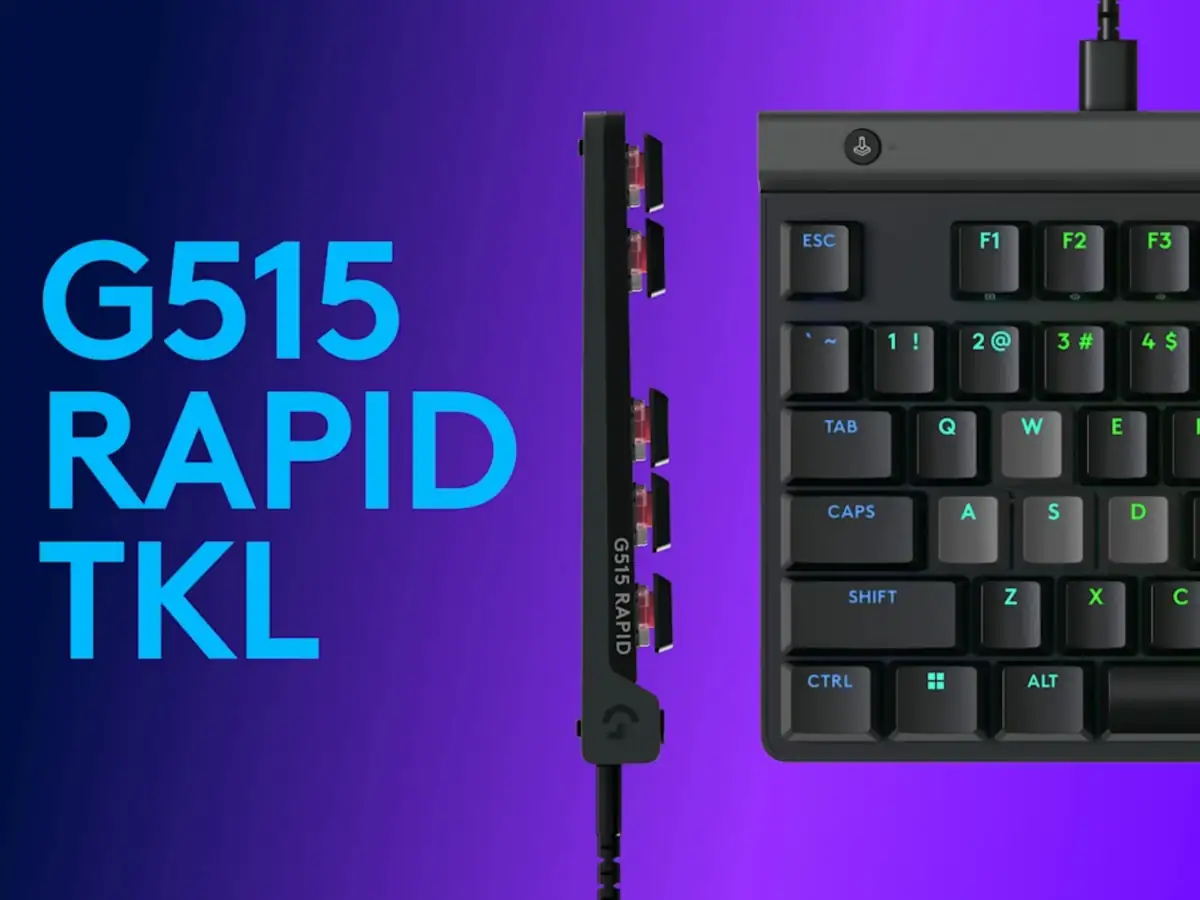Let’s get two things out of the way first. Eternals, directed by the great Chloé Zhao, is not the mess that some will tell you it is. It is, at times, one of the most ambitious and splendorous things that Marvel has made in the last ten years. But, and this is a major caveat, it is also unwieldy, overlong, and overstuffed, and lets its ambition get away from it once too often. Almost as if Marvel knew they were swinging for the fences, but for some reason felt they needed to get it all out in one go, as if the audiences aren’t already in for the long haul.
Set throughout humanity’s history on the planet, but mainly in drab present-day settings, Eternals tries to be nothing less than five hundred things all at once. It’s The Avengers for a group of people we’ve never met before. It’s a getting-the-team-back-together-again film about strangers. It’s the history of the planet as told by a teacher worried sick they’ll be fired if they mention violence or sex. It’s a film that more than once actually made me wonder what Alan Moore would have done with the material.
Despite this, Eternals is also a gripping and captivating look at family. A stirring tragedy about failure throughout the ages. A beautiful romance that transcends time. It has singular moments better than any other Marvel movie to date. Ones that linger long after the film ends, like a heartbreaking goodbye from a supporting character, that grounds the story in our reality and somehow makes every grandiose bit of magic around it feel worthwhile.
But Eternals is hampered by the strict limitations that come with being a Marvel production. By now, there’s a defined line of what these films must include. Even as Zhao impressively tries to break the mold by introducing some surprisingly risky curveballs, there’s never a question of where the ultimate product ends up. With other projects, these guidelines feel almost comforting. For Eternals and its epochal scope, they’re stifling.
One of these riskier moves is introducing a tragedy similar to Interview with the Vampire almost thirty years ago. Sprite, one of the Eternals with the ability to alter the perception of reality, is stuck in the body of a never-aging teenager. Instead of skirting the issue, Zhao goes right for the gut punch: what does an eternity do for someone who can’t form relationships, have sex, or start a family? For a moment, I was bewildered to think Marvel and Disney would let something like this into what is ostensibly a family film, and it’s not long before it’s snuffed out for a watered-down finale. But, for a brief second, Zhao takes a moment to stretch Marvel further than before.
Similarly, the origins of the characters (inspired by racist ramblings from Chariot of the Gods) are both dismissed and embraced, which leads to more awkwardness. The Eternals aren’t allowed to affect human history, yet introduce technological advancements that undermine human history, and, in one hilarious gag, create a cinematic universe for themselves on the side. Everyone also refers to a Christian singularity in both religion and historic timekeeping, which surprisingly enough doesn’t translate into the Finnish subtitles. Those replace dated thinking with more accurate terminology.
Other elements suffer from similar pushback. The historical sections skirt as far away from uncomfortable topics as possible, for example. There’s no mention of slavery or any genocide apart from the ancient conquest of Spaniards into South America. In a particularly jarring scene, the atrocity of Hiroshima is used as a brisk throwaway moment for character growth. Even present-day issues are swept under a rug. Instead, Zhao goes for something more ethereal, allowing her characters to speak to the big picture. They’ve seen so much over such a period that they now grasp the fleeting moments of happiness as anchors in time.
It’s a brave attempt, one that doesn’t completely work, but I applaud it nonetheless. You can see the line of thinking behind it, but it also feels foolhardy to even try to include it in a Marvel movie.
Which is where the ultimate failures of Eternals lie. Marvel can’t change at this point. Not at least in such a drastic way that Zhao wants them to. This was never going to be a long, meditative film where gods contemplate the futility of mortality. It should be but isn’t. Which is where the dissonance sweeps in. Beautiful and character-driven scenes are interrupted by empty action, none of which drives the plot forward. The non-linear narrative helps build the notion that time has become meaningless for those who can’t die, but the aggressive buildup for future projects turns many scenes into exposition dumps about upcoming characters. If any film in the Marvel canon needed room to breathe and exist on its own, for better or worse, it is Eternals.
The cast, complete with real-life divinities like Salma Hayek and Angelina Jolie, brings great gravitas to the drama. The underappreciated Richard Madden even gets a better Superman story than anything DC has made in decades.
But we never get to spend time with them in a meaningful way. Leaving this potentially interesting new group of heroes superficial and distant. At one point, one of the main characters just leaves and isn’t seen again for a good half hour – and I didn’t notice it until the film brought it up. That’s not a good sign. Even worse is an entire plot thread that introduces a secondary antagonist halfway through the film, one that goes unnamed and is promptly forgotten without any fanfare.
Yet, despite complaints, Eternals has much going for it that makes the whole thing worthwhile. The impressive IMAX cinematography is gorgeous, making this one of the better-looking Marvel productions to date. The acting is great all around. And, despite limitations, it feels good to see the studio at least trying to do something new and allowing its directors to push boundaries.
Yes, those boundaries are quickly rebuilt in fear of angering anyone. But there is an attempt, and that’s something. For me, even the missteps make Eternals that much better. I like my pop-fare as breezy as the next guy, but here, Zhao proves that it can also be grandiose, ambitious to a fault, and still ask things that trouble us for long periods afterward.
It’s not the definitive statement of a brave new world that Marvel probably wanted. But it is a sign at a crossroads, pointing in the right direction. Let’s hope they follow it through.





